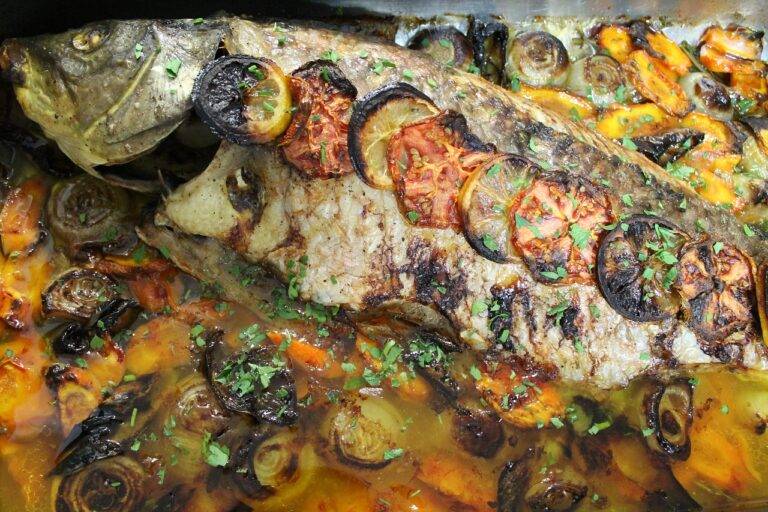Culinary Careers: Exploring Opportunities in the Food Industry
There are several types of culinary schools that aspiring chefs can choose from to pursue their passion for cooking. One option is traditional culinary schools, which offer comprehensive programs covering various aspects of culinary arts such as cooking techniques, food safety, and kitchen management. These schools often provide hands-on training in professional kitchens and teach students fundamental skills needed to excel in the culinary industry.
Another popular choice for culinary education is community college culinary programs. These programs typically offer more affordable tuition and flexible scheduling options, making them accessible to a wider range of students. While community college culinary programs may not have the same prestige as traditional culinary schools, they can still provide valuable training and knowledge for those looking to enter the food industry.
Skills Needed for Success in the Food Industry
To thrive in the competitive food industry, having strong teamwork abilities is crucial. Collaborating effectively with kitchen staff, servers, and management is essential for smooth operations within a restaurant or culinary establishment. The ability to communicate clearly and respectfully, listen actively, and provide support to colleagues can help create a positive work environment that enhances productivity and customer satisfaction.
Adaptability is another key skill that can greatly contribute to success in the food industry. With ever-changing trends, dietary preferences, and customer demands, being flexible and open to new ideas is important. Chefs and food service professionals who can quickly adjust to unexpected situations, be creative in problem-solving, and embrace innovation are better equipped to navigate the dynamic nature of the culinary world.
What are some of the skills needed for success in the food industry?
Some of the key skills needed for success in the food industry include culinary expertise, creativity, attention to detail, time management, communication skills, and the ability to work well under pressure.
Are culinary schools necessary for a successful career in the food industry?
While culinary schools can provide valuable training and education, they are not always necessary for a successful career in the food industry. Many successful chefs and food industry professionals have learned through hands-on experience and on-the-job training.
What are the different types of culinary schools available?
There are a variety of culinary schools available, including traditional culinary institutes, community colleges, online culinary programs, and specialty schools focusing on specific cuisines or culinary techniques.
How important is networking in the food industry?
Networking is extremely important in the food industry, as it can lead to new career opportunities, collaborations, and partnerships. Building a strong network of colleagues, mentors, and industry professionals can be key to success in the industry.
What are some ways to continue developing skills in the food industry?
Continuing education, attending culinary workshops and seminars, experimenting with new recipes and techniques, seeking out mentorship opportunities, and staying up-to-date on industry trends are all great ways to continue developing skills in the food industry.







